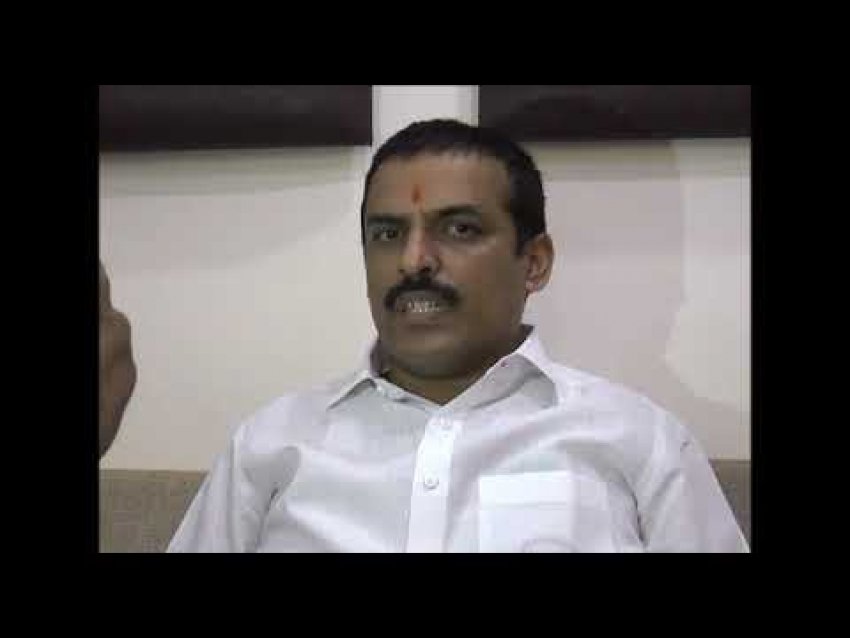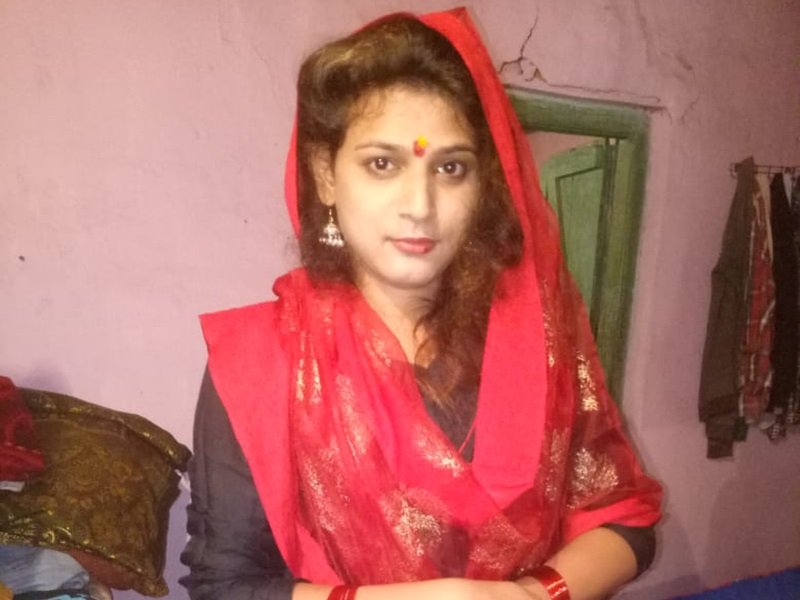Amidst efforts to clamp down on circulation of fake news, instant messaging app WhatsApp has officially rolled out 5 forward message limit in India.
Henceforth, Indian users will not be allowed to forward more than five chats at once.
The forward limit was introduced by the instant messaging app last month.
The company will also remove the quick forward button on the media messages, Whatsapp had said in a blog.
"A few years back we added a feature to WhatsApp that lets you forward a message to multiple chats at once. Today, we're launching a test to limit forwarding that will apply to everyone using WhatsApp. In India - where people forward more messages, photos, and videos than any other country in the world - we'll also test a lower limit of 5 chats at once and we'll remove the quick forward button next to media messages," WhatsApp had noted in its blogpsot.
It further sadi, "We believe that these changes - which we'll continue to evaluate - will help keep WhatsApp the way it was designed to be: a private messaging app. We are deeply committed to your safety and privacy which is why WhatsApp is end-to-end encrypted, and we'll continue to improve our app with features like this one."
WhatsApp has received flak from the Indian government over fake news and false information being circulated on its messaging platform. Such messages have incited mob-fury, triggering multiple cases of lynching across the country.
The government also warned the company that mediums used for propagation of rumours are liable to be treated as 'abettors' and can face legal consequences if they remain "mute spectators".
WhatsApp had previously stated that it had launched new safety features, including a label that clearly identifies forwarded messages and controls for group conversations in the last few weeks.
Rumours on WhatsApp have sparked off a spate of incidents involving mob fury, including one where five men were lynched on the suspicion of being child lifters in Maharashtra's Rainpada village of Dhule district.
The Supreme Court too had asked parliament to consider enacting a new law to effectively deal with incidents of mob lynching, saying "horrendous acts of mobocracy" cannot be allowed to become a new norm.









